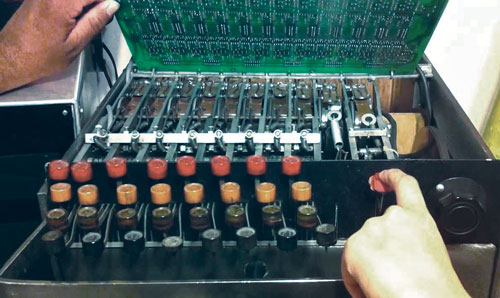
Laff Box
The first television laugh track was introduced in 1956 by CBS sound engineer Charley Douglass, who filled an organ-like device with recordings of laughter in various keys. Its design was a closely guarded secret: Douglass kept the “Laff Box” under lock and key in his garage, personally escorting it to and from studios.
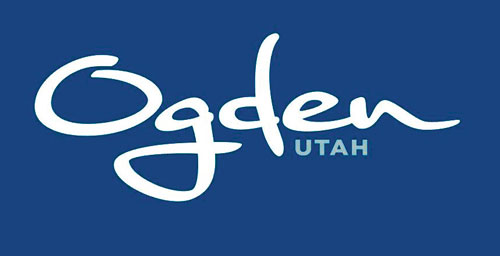
“The Second-Happiest Place on Earth”
In 2016, noticing that his city’s new logo resembled Disney’s, a journalist from Ogden, Utah, joked that the city should adopt “The Second-Happiest Place on Earth” as its motto. “You can’t buy the kind of national exposure that comes with headlines like mouse house sues utah city over copyright infringement.”
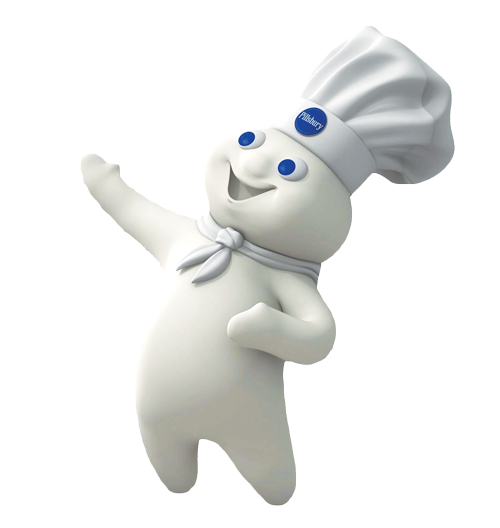
Mascot giggles
General Mills owns the rights to the Jolly Green Giant’s distinctive “ho, ho, ho,” first heard in commercials in 1961, while Pillsbury holds a trademark on the “childlike human giggle” its mascot, Poppin’ Fresh, makes when tickled.

“Happy Birthday to You”
Schoolteacher Mildred Hill published the now-standard version of “Happy Birthday” around 1925, borrowing the tune from an older song. Warner Music acquired the rights in 1988 and—until the song was deemed to be in the public domain in 2016—earned up to $2 million a year in royalties from its use in television and film.
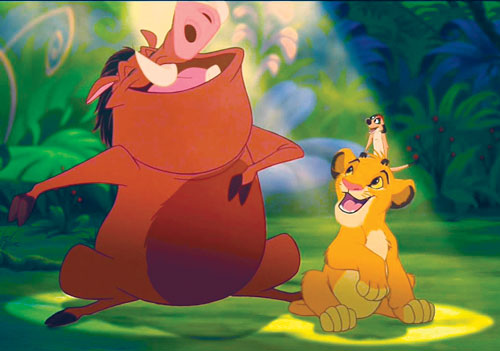
Hakuna matata
The Swahili phrase hakuna matata (no worries) became known worldwide following the 1994 release of Disney’s The Lion King. In anticipation of a 2019 remake of the movie, Zimbabwean activist Shelton Mpala called for Disney to drop the trademark it holds on the phrase, equating it to “colonialism and robbery, the appropriation of something you have no right over.”
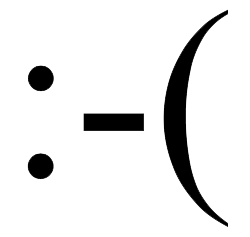
Frowny face
Despair, Inc., a Texas-based company specializing in parodies of inspirational posters, applied for a trademark for the sad face emoticon in 1998. When the registration was unexpectedly approved, the company issued a satirical press release announcing that seven million email users would be held liable for copyright infringement.